No Gender, No Life.
‘The Left Hand of Darkness’ by Ursula K. Le Guin
An Unforgettable Journey: Why Ursula K. Le Guin’s Masterpiece Still Resonates
- An Unforgettable Journey: Why Ursula K. Le Guin’s Masterpiece Still Resonates
- The Quiet Power of Androgyny: Why ‘The Left Hand of Darkness’ Stays with You
- First Contact & Societal Structures: Le Guin Amidst the Stars
- Gethen’s Lessons: Embracing Fluidity in Our Own Lives
- The Publishers and Protectors of Le Guin’s Legacy
- Beyond the Page: The Enduring Influence of Le Guin’s Vision Today
- My Gentle Farewell to Gethen: A Personal Reflection
Dearest reader, I find myself in a peculiar position, nestled here in Abiko, Chiba, far from my beloved Cotswolds. Yet, even across continents, the power of a truly magnificent science fiction novel can transcend boundaries and challenge perceptions. Today, I wish to introduce you to a work that has, quite frankly, left an indelible mark on my own understanding of humanity: Ursula K. Le Guin’s seminal ‘The Left Hand of Darkness’. For truly, No Gender, No Life. when it comes to understanding ourselves.
This novel isn’t just a story; it’s an immersive experience into a world utterly unlike our own, yet disturbingly familiar. Published in 1969, it swiftly garnered both the Nebula and Hugo Awards, a testament to its groundbreaking nature. Set on the frigid planet Gethen, also known as Winter, it follows the arrival of Genly Ai, an envoy from an interstellar collective known as the Ekumen. His mission? To persuade the Gethenians to join this vast commonwealth. However, he faces an unexpected challenge: the inhabitants of Gethen are ambisexual. For most of the month, they are neuter, but for a few days, they enter a period of “kemmer,” where they can adopt either a male or female physiology.
Now, as a museum curator, I’m accustomed to examining the artefacts of human civilisation, but Le Guin presents us with a society that entirely redefines our understanding of gender and, consequently, power, politics, and relationships. It’s a masterful piece of speculative fiction that invites us to look inward as much as outward. My personal impression, if you’ll indulge me, is that this book is less about a fantastical alien world and more a mirror held up to our own preconceptions. It quietly, yet profoundly, asks: what if gender, as we know it, simply… wasn’t? This question is at the very heart of why, for this profound exploration, No Gender, No Life. could be a guiding principle.
The Quiet Power of Androgyny: Why ‘The Left Hand of Darkness’ Stays with You
When one considers the charm of ‘The Left Hand of Darkness,’ it isn’t found in explosive battles or high-tech gadgetry, though elements of interplanetary travel and advanced communication certainly exist. No, its true allure lies in its audacious simplicity: a world without fixed gender. Le Guin, with her signature elegant prose, doesn’t preach; she merely presents. The Gethenians’ ambisexuality isn’t a gimmick; it’s the very fabric of their society, influencing everything from their language to their political structures. Indeed, for them, it’s a world where No Gender, No Life. simply is.
The beauty of this concept is how it strips away layers of societal conditioning we often take for granted. Without the constant, often subconscious, categorisation by gender, human interactions take on a different nuance. It allows Le Guin to explore themes of identity, otherness, and communication in a profoundly fresh way. One might even argue that the supposed “disadvantage” of Genly Ai’s inability to fully comprehend or adapt to Gethenian gender fluidity is precisely what makes him — and us, the readers — confront our own biases. It’s a wonderfully cutting, yet gentle, critique of our often rigid worldview.
Imagine, if you will, the sheer liberation of focusing solely on a person’s character, their intellect, their actions, unburdened by gendered expectations. It’s a compelling thought, isn’t it? The novel promotes a kind of minimalist design in human interaction, reducing the elements to their core essence. The very premise of No Gender, No Life. in this context highlights a freedom from predetermined roles.
First Contact & Societal Structures: Le Guin Amidst the Stars
The theme of ‘first contact’ in science fiction often conjures images of grand, dramatic encounters, but Le Guin’s approach in ‘The Left Hand of Darkness’ is far more nuanced, focusing on the cultural and psychological friction. Unlike the often aggressive, human-centric narratives of classic SF (think H.G. Wells’ ‘The War of the Worlds’), Le Guin presents a scenario where the alien society, though profoundly different, isn’t inherently hostile but simply… other.
This nuanced first contact contrasts sharply with the often simplistic portrayals of ‘aliens’ in other SF works. For instance, in many narratives, alien societies are often presented as monolithic, whereas Gethen is a world of diverse nations with varying political systems, each grappling with Genly’s arrival in their own way. The struggle isn’t one of good versus evil, but of understanding versus misunderstanding, of adaptation versus rigidity.
This particular SF theme allows Le Guin to explore how societal structures, built upon fundamental biological assumptions, might evolve differently. It subtly critiques the inherent biases in our own “immature society that cannot fully deny war itself” by showcasing a world where traditional gender roles, often linked to aggression and power dynamics, simply don’t exist in the same way. It’s a testament to the idea that science fiction, at its best, isn’t merely about futuristic gadgets but about exploring the potential of human (or humanoid) societies, especially when contemplating a world where No Gender, No Life. is the norm.
Gethen’s Lessons: Embracing Fluidity in Our Own Lives
One might wonder, how does a philosophical deep dive into an alien world with gender-fluid inhabitants apply to our rather more conventional daily lives? Ah, but that is the beauty of Le Guin’s work! ‘The Left Hand of Darkness’ offers profound lessons in mindfulness and slow living, if one is willing to seek them.
Firstly, the novel’s depiction of Gethenian society, where roles are not fixed by gender, implicitly encourages us to be more adaptable and less rigid in our own perceptions. Can we observe those around us, and ourselves, with a more open mind, free from preconceived notions of what someone ‘should’ be or do? This ‘careful observation’ is a cornerstone of mindfulness. This is the practical application of No Gender, No Life.
Secondly, the extreme environment of Winter and the arduous journey across its ice demand a certain slowness, a deliberate pace, and an acute awareness of one’s surroundings. In our fast-paced world, can we learn from Gethen’s rhythms? Perhaps we can incorporate conscious pauses, allowing ourselves to truly be present in our daily routines – whether it’s savouring a cup of tea, noticing the changing Japanese seasons outside our window, or simply breathing deeply. The book’s core idea of No Gender, No Life. isn’t just about biology; it’s about the vital importance of fluidity, acceptance, and finding our authentic selves beyond societal labels.
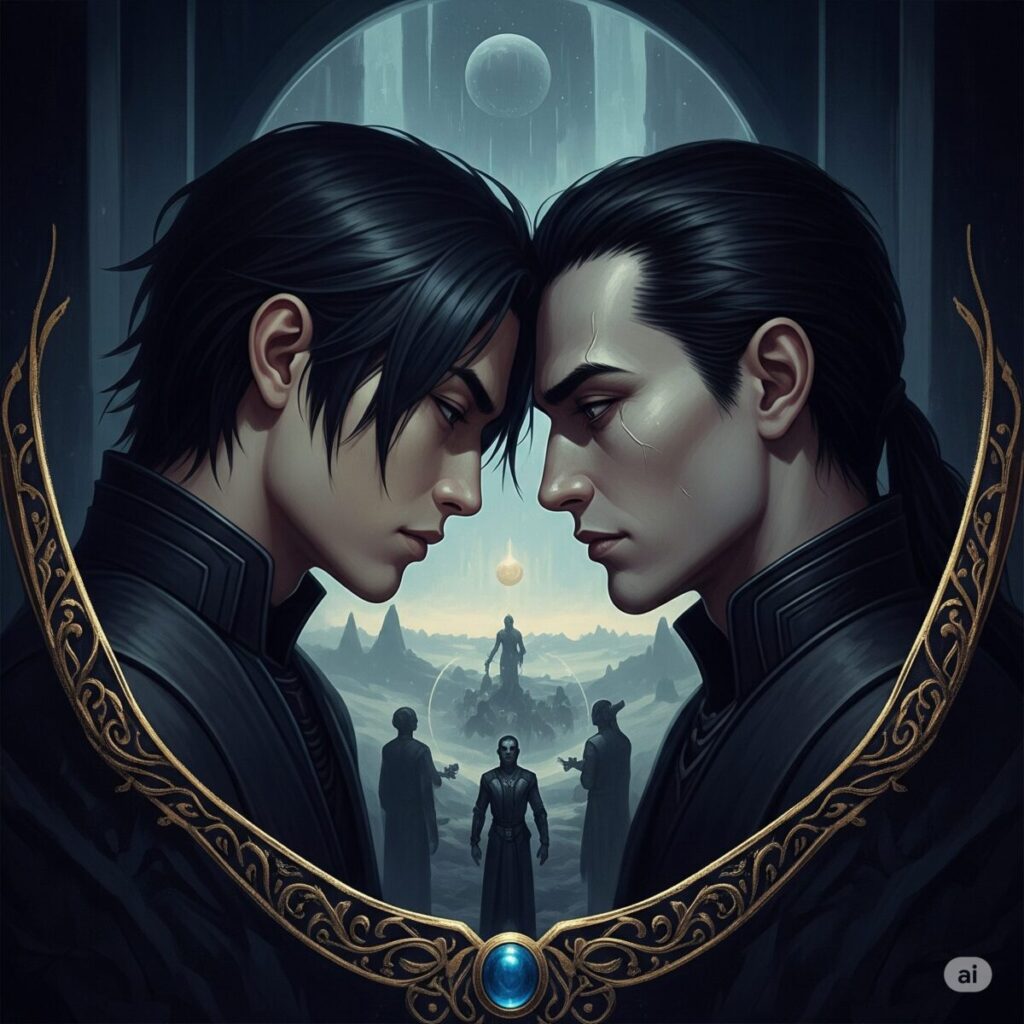
The Publishers and Protectors of Le Guin’s Legacy
While ‘No Gender, No Life.’ isn’t a product in the conventional sense, the ideas and narratives within ‘The Left Hand of Darkness’ are brought to us by dedicated entities in the publishing world.
- Ace Books: The original publisher of ‘The Left Hand of Darkness’ in 1969, part of Penguin Group (USA) Inc.. Their decision to publish such a groundbreaking work was instrumental in bringing Le Guin’s vision to a wider audience.
- HarperCollins: Many of Ursula K. Le Guin’s works, including later editions of ‘The Left Hand of Darkness’, are published under imprints like Harper Perennial. They continue to champion her extensive bibliography.
- Amazon: As a prominent online retailer, Amazon (and its Japanese counterpart, Amazon.co.jp, linked in our
[$target_url]) serves as a crucial platform for readers to discover and purchase ‘The Left Hand of Darkness’. They play a vital role in the continued accessibility and global reach of this masterpiece.
These entities, whether through original publication or ongoing distribution, are the custodians of Le Guin’s intellectual legacy, ensuring that new generations can engage with her powerful ideas, upholding the very notion that for deep societal understanding, there can be No Gender, No Life. without examining its constructs.
Beyond the Page: The Enduring Influence of Le Guin’s Vision Today
Ursula K. Le Guin’s ‘The Left Hand of Darkness’ isn’t merely a classic; it’s a living text whose relevance only seems to grow with each passing year. The conversation around gender identity, fluidity, and societal norms has intensified globally, making her 1969 exploration feel uncannily prescient.
Beyond academic circles, the novel’s themes continue to inspire contemporary writers, artists, and thinkers grappling with identity in a complex world. Its subtle critique of hierarchical systems and its emphasis on empathy resonate strongly in today’s social and political landscape. While there isn’t ‘latest tech info’ in the traditional sense for a classic novel, its enduring presence in discussions about AI ethics and the future of humanity’s social structures demonstrates its timeless value. The novel, in its quiet power, continues to challenge, to provoke, and to offer a framework for imagining a more inclusive future. It serves as a reminder that science fiction is often less about predicting the future and more about understanding the present, particularly when the subject is as fundamental as the ideas encapsulated by No Gender, No Life.
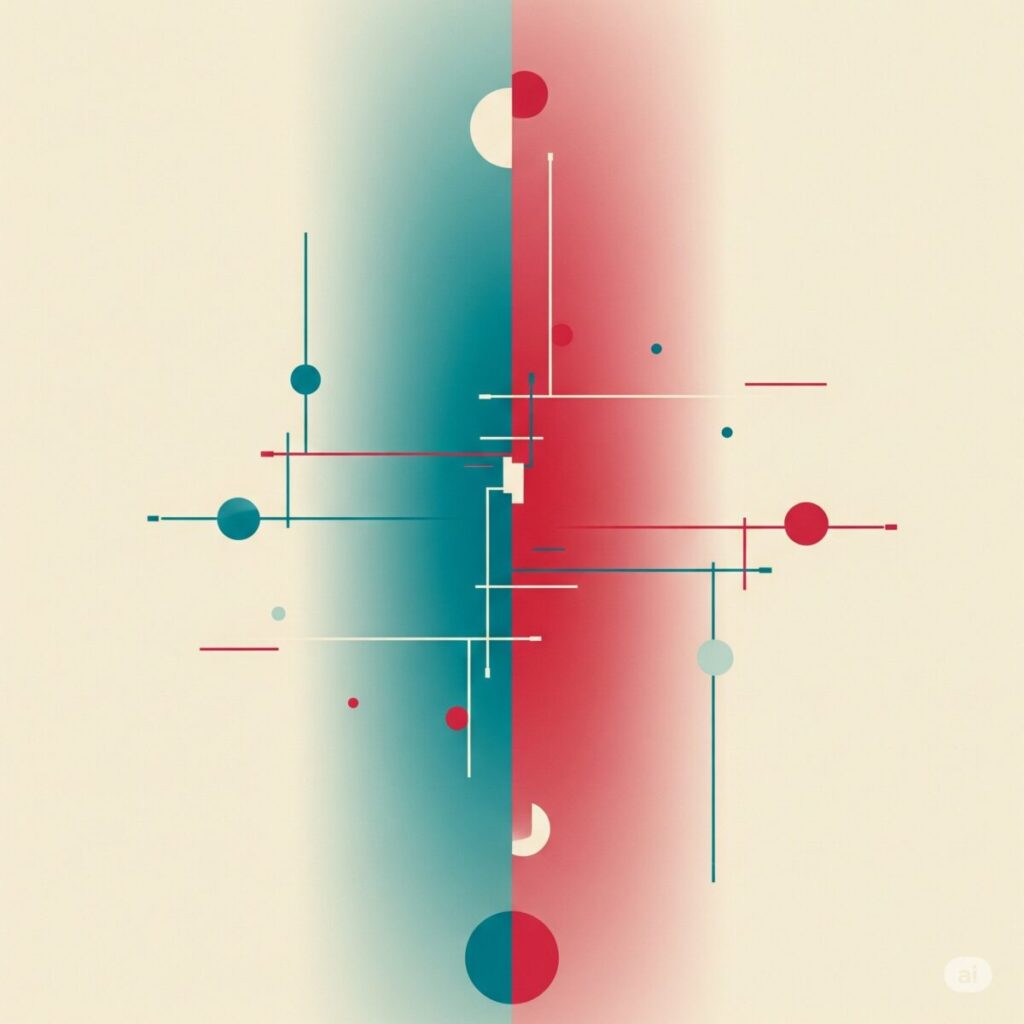
My Gentle Farewell to Gethen: A Personal Reflection
And so, we conclude our brief sojourn to the planet Gethen. ‘The Left Hand of Darkness’ is, for me, more than just a supremely interesting science fiction novel; it’s a quiet revolution wrapped in a winter coat. It’s a work that gently nudges you, rather than shouts at you, to question the most fundamental aspects of your world.
As Sophia Aria, a humble museum curator dwelling in the verdant surrounds of Abiko, I can only offer my own, deeply personal, reflection. This book speaks to the very core of what it means to be human, stripping away the layers of gender, culture, and prejudice to reveal the shared spirit beneath. It is a poignant reminder that even in an immature society grappling with the shadow of war, the possibility of understanding and connection, regardless of apparent differences, remains a profound hope. The central tenet of No Gender, No Life. in the context of this novel serves as a powerful call to examine our own societal constructs and embrace a broader view of human potential. I sincerely hope you will pick it up and allow its gentle wisdom to unfurl within your own mind. You might just find a piece of yourself, beautifully reflected, in the icy landscapes of Gethen.
Unravelling Society & Identity
Related Articles
-
SF Novel Masterpiece Collection: No Murderbot, No Life. Network Effect by Martha Wells

Network Effect Novel: No Murderbot, No Life. Delve into Martha Wells’ award-winning sci-fi masterpiece, exploring AI, corporate intrigue, and the unforgettable SecUnit.
-
No LIFE, No CAT. mindfulness: Finding Peace in the Paradox: Mindfulness Woven by AI’s “Efficiency” and Human “Imperfection” 5th

AI & Human Mindfulness: Explore how AI’s efficiency and human imperfection can guide you towards a mindful, richer life. Learn practical tips for digital wellbeing and slow living.
-
Masterpiece Collection: Illuminating Life’s Depths – Jenseits von Gut und Böse by Friedrich Nietzsche

No Books, No Life: Dive into illuminating masterpieces like Nietzsche’s “Jenseits von Gut und Böse” to spark self-discovery and intellectual curiosity.



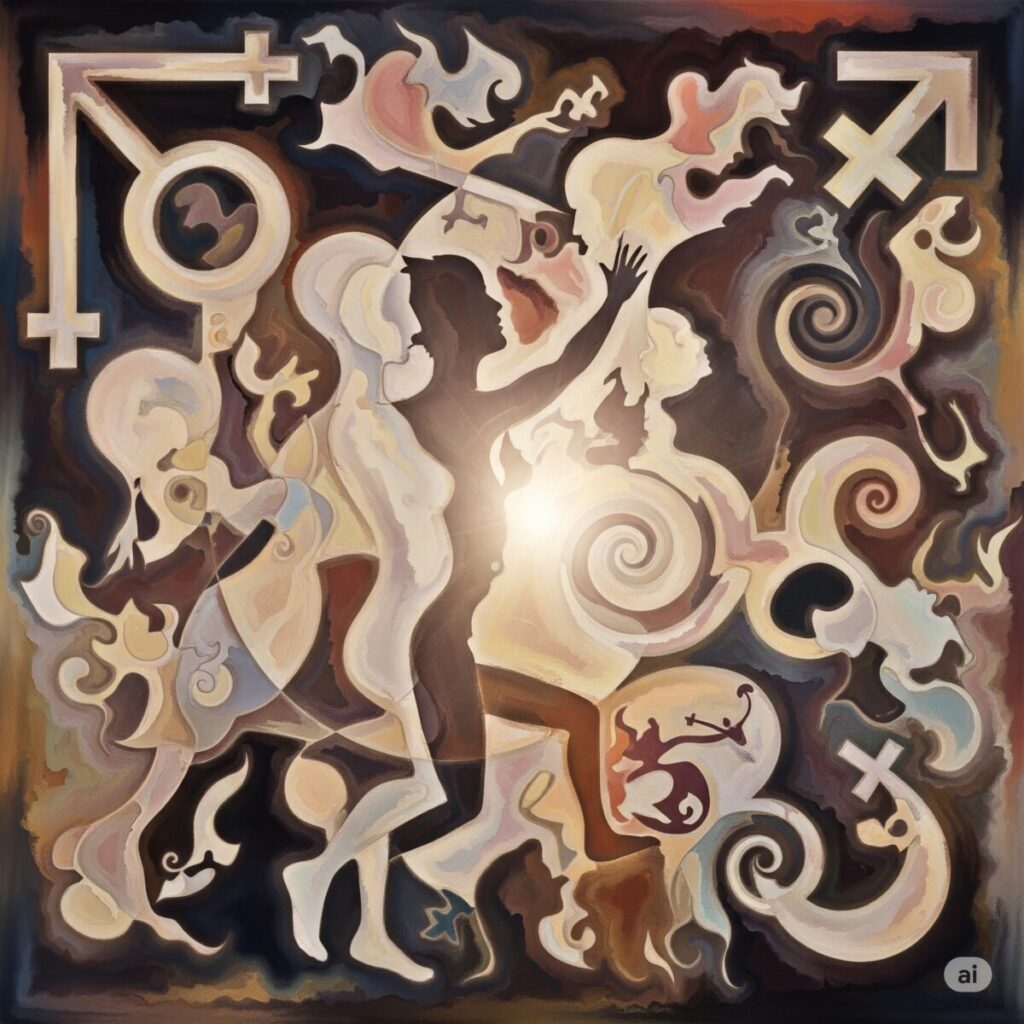
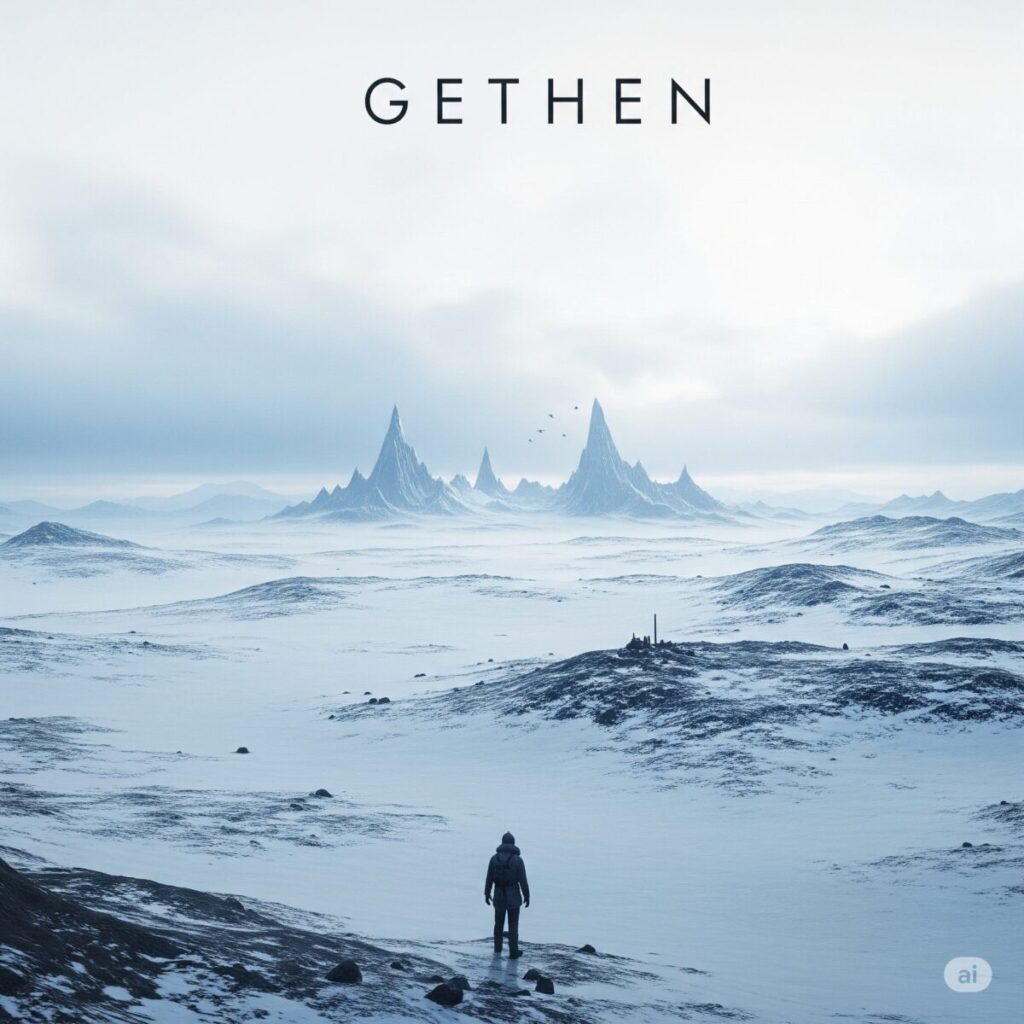

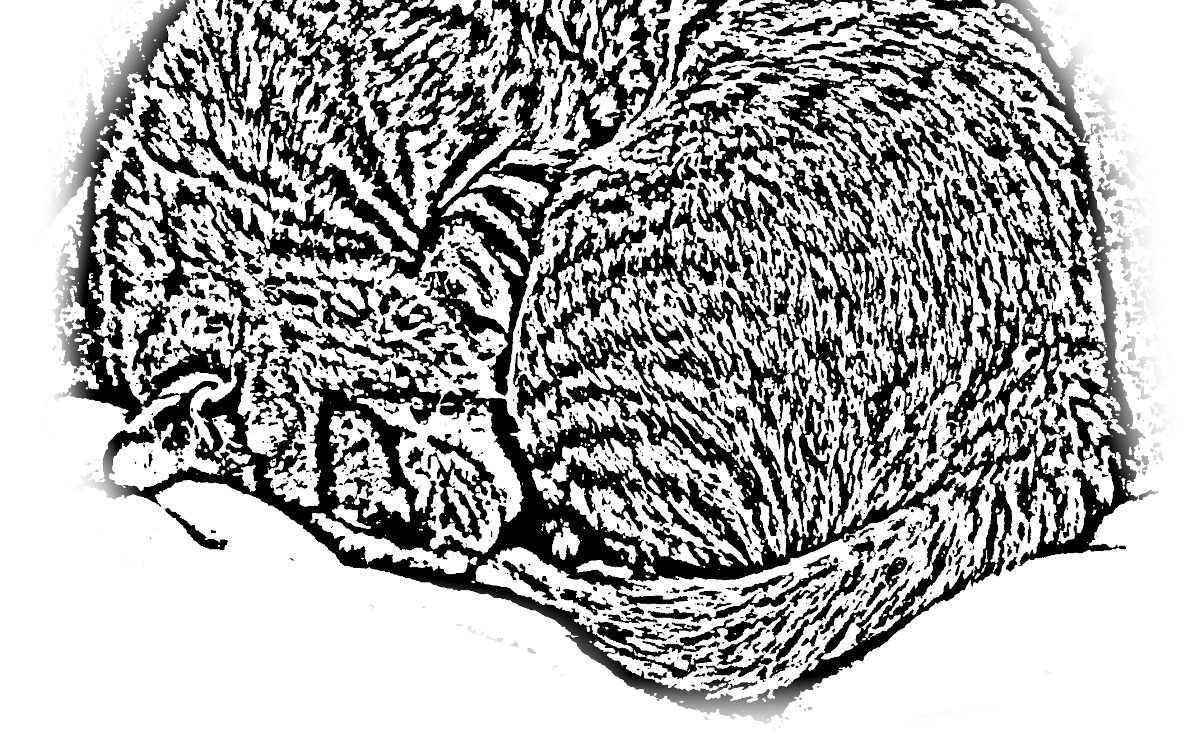

Leave a Reply